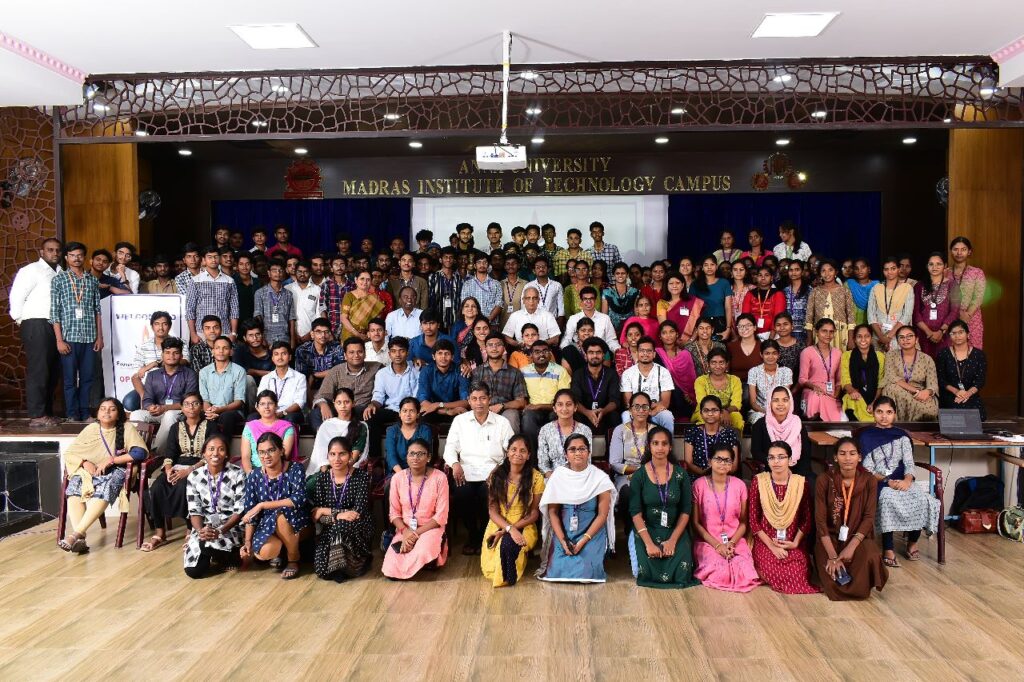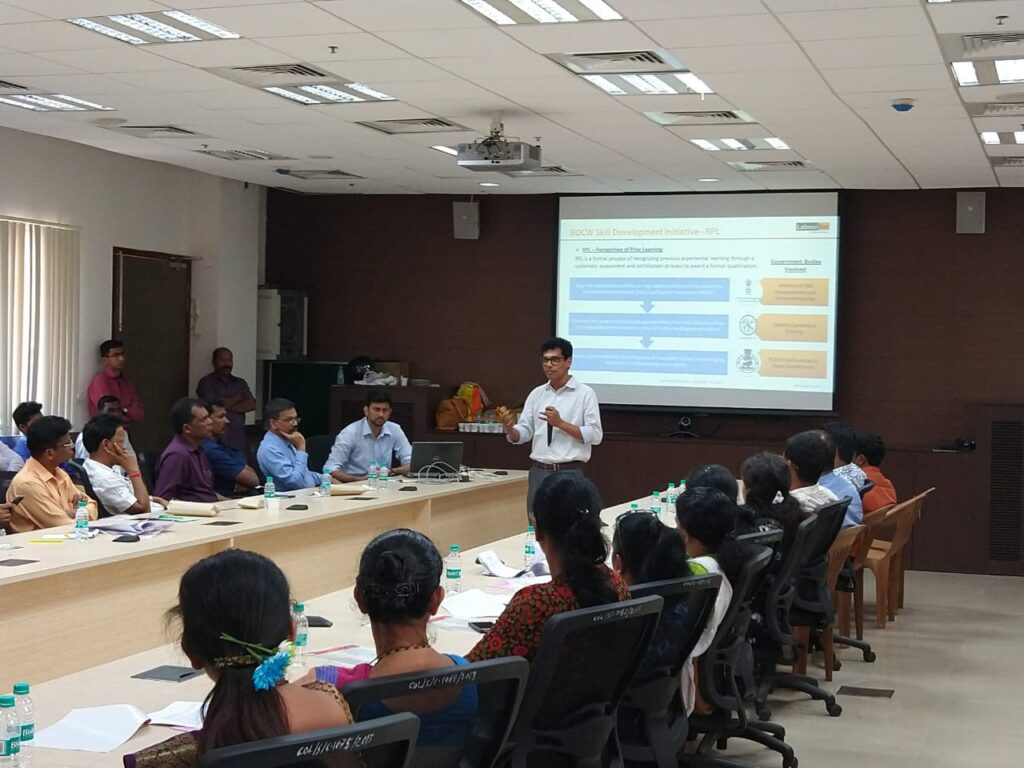Posted by
-
Workshop
-
Summer Research Internship Program (SRIP)
-
Summer Internship Program
-
SLRI
-
SEE Learning
-
QS Rankings
-
Pre-Placement Offer (PPO)
-
phd
-
pgdm bda
-
Opportunities
-
nova sbe
-
MDP
-
Marketing
-
IDA
-
Goa Institute of Management
-
GiveGoa
-
GIM Alumni
-
fpm non residential
-
Fpm
-
Executive fpm
-
Event
-
Dual Degree Programmes
-
Dual Country
-
Dr. Hanish Rajpal
-
Doctoral
-
CSSA
-
CPPG
-
Convocation
-
Conference
-
Co-LIFE
-
Campus Placement
-
Alumni Success Stories
-
Alumni Reunions
-
Alumni Relations
-
Alumni Office
-
Alumni Impact
-
Alumni Events
-
Alumni Engagement
-
Alumni
-
Admissions
-
achievement
-
#pgdm
-
#mba
Date
The Evolving Landscape of Purpose-Driven Leadership
You have to stay sharply focused on creating meaningful impact. Losing sight of our core mission risks diluting our efforts.
Ram Kolavennu
CEO, Foundation for Excellence
The idea of “impact” is no longer confined to philanthropic ventures or non-profit campaigns. In recent years, the boundaries between corporate careers and social development have begun to blur, creating space for a new breed of professionals—those who bring the rigor of boardroom strategy to grassroots challenges.
The shift from corporate to social sectors is not merely a career move—it’s a mindset transformation. Professionals entering the development space often discover that the scale of problems, though daunting, can be matched by scalable, data-driven solutions. But to sustain this transition, clarity of purpose and a deep-rooted commitment to societal change are essential.
Scaling Impact: Going Deep, Not Wide
One of the most defining challenges in this space is the constant tension between vision and resources. Social sector organizations, particularly nonprofits, often function with limited institutional capacity. Unlike startups, which can attract capital based on projected growth, nonprofits typically receive funding after demonstrating impact. This requires leaders to first demonstrate measurable, sustainable outcomes—often before the supporting ecosystem is fully in place. At the heart of this journey lies the concept of focused impact. Rather than attempting to address multiple social challenges simultaneously, high-impact organizations tend to narrow their efforts to one or two critical issues. By going deeper, not broader, these entities are able to effect meaningful and lasting change.

The Reality Check and Fundraising Mindset
Transitioning to the social sector requires more than purpose. It demands a fundamental reorientation of expectations. Infrastructure, systems, and support mechanisms that are standard in corporate settings may be non-existent in non-profit environments. There is no delegation of basics—travel bookings, IT support, or structured onboarding. Professionals entering this space must embrace self-reliance, agility, and a willingness to operate with minimal resources.
Another often underappreciated aspect of this transition is fundraising. Many corporate professionals, used to structured roles, find fundraising—a core leadership responsibility—challenging. Yet, in the social sector, fundraising is a core responsibility, especially at leadership levels. It requires conviction in the cause, the ability to build relationships, and the humility to ask for help, not for personal gain, but to serve a larger mission.
Why It’s Worth It: Tangible and Transformative Impact
Despite these challenges, the sector offers a unique reward—clear, visible impact. Unlike many corporate roles where the end-user may remain abstract, social development work provides tangible outcomes. From transforming student lives through mentoring and education to building volunteer networks that deliver wide-reaching programs, the results are real, measurable, and deeply fulfilling.
For those considering the switch from corporate to development, it is advisable to start small. Volunteer engagement, mentoring, or community-based projects offer a preview of the space and help clarify alignment with individual motivations. Once the decision is made, success in the sector depends on staying impact-focused, building systems for scale, and embracing the values of humility, empathy, and resilience.

New Frontiers: ESG, CSR, and Social Enterprise
Role of Education in Nurturing Value-Driven Leaders
Business schools and educational institutions are instrumental in shaping the leaders of this sector. A strong foundation in ethics, stakeholder-centric thinking, and value-based leadership creates professionals who can navigate both corporate and social spaces with integrity. In this context, the legacy of institutions that emphasize these values is becoming increasingly relevant, producing alumni who are capable of driving sustainable change across sectors.







